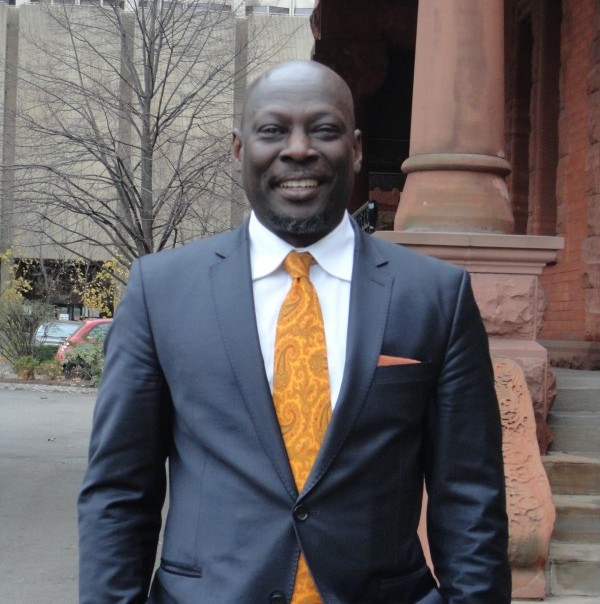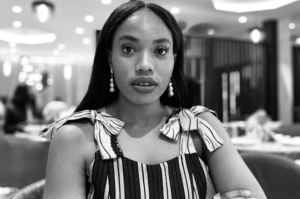As any avid reader knows, books define us. Things we read brand us. They become part of our intellectual DNA, defining who we are, our moral compass, our emotional lives, and even how we encounter future books.
Maybe that’s why it’s always so fascinating to see what people read at key moments in their lives. A few weeks ago, I wrote about Nigerian novelist Chibundu Onuzo and the remarkable collection of books she read in her childhood. [click here if you missed it.] Through that expansive catalogue of books that ranged from Nancy Drew to Chinua Achebe, Onuzo gave us a glimpse into the making of a novelist’s mind. It was illuminating to see how her taste evolved over the years and the moment she made a meaningful connection to African literature.
What about a literature professor? What book could be so powerful that it would move the reader to devote his or her life to studying literature?
Meet Professor Ato Quayson. He was born in Ghana, did his doctorate at Cambridge, and currently holds a position at the University of Toronto. He is a prominent professor of African literature—one among many reasons why he is chairing the panel of judges for the 2016 Etisalat Prize for African Literature.
Quayson’s upbringing was literary. His father loved to read. His mother loved to tell stories.
A surprising little detail is that Prof. Quayson had trouble reading for a good part of his childhood. But when he finally learned how to read properly—he was 8 years old—there was no stopping him. He consumed everything in this father’s modest home library and frequented public libraries, including the British Council library.
He loved reading so much that he’d sneak out of school to visit Accra Public Library some 60 miles away. His reading was purely driven by curiosity. It had nothing to do with school work or exams. Halfway through his teenage years, he had read and reread everything from The Count of Monte Cristo, Things Fall Apart to One Hundred Years of Solitude.
He was 17 when he found a book titled The Interpretation of Dreams in a library. He read the whole thing cover to cover three times within two weeks and then something interesting happened:
I could not read anything else while I had The Interpretation of Dreams. I proceeded, without even being fully aware of it, of interpreting dreams for my friends in what I thought to be the true Freudian manner. There was sex lurking in every manifest dream content, I opined seriously. And my own dreams became multiple and most vivid. I read TheInterpretation of Dreams another three times by the time I was 25.
He didn’t end up making a living from interpreting dreams, but Freud’s classic did contribute to his becoming a literary scholar. If dreams are essentially stories with hidden meanings, the skills used to interpret them would also apply to the interpretation of literary texts. Freud’s book taught him how to appreciate stories beyond their face-value.
Do you think Freud could have imagined that his strange book about dreams published in 1899 would inspire a Ghanaian kid to become one of Africa’s most influential literary scholars?
Truly inspiring story. click here to read the full essay.
What’s your reading story? What books changed your life?










COMMENTS -
Reader Interactions